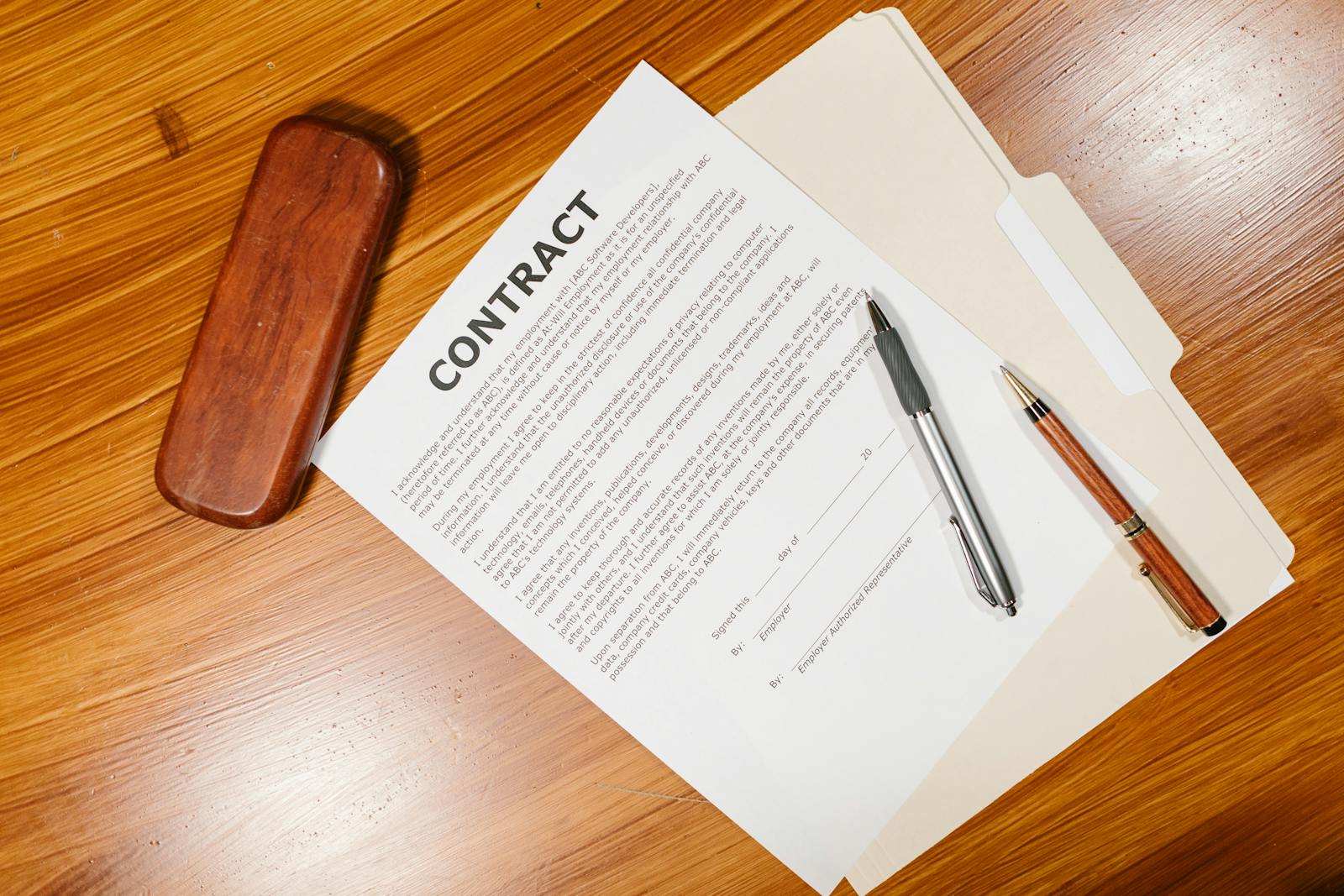Navigating the real estate market can be a daunting task, especially when it comes to understanding the legal aspects involved in buying and selling property. In Canada, the process is governed by a complex framework of laws and regulations that ensure both buyers and sellers are protected. This article will delve into the essential legal considerations, including contracts and disclosures, that every prospective homeowner or seller should be aware of. As an AI-powered real estate brokerage, Realzen is here to guide you through these intricacies, making your real estate journey smoother and more informed.
The Importance of Real Estate Contracts
What is a Real Estate Contract?
A real estate contract is a legally binding agreement between a buyer and a seller that outlines the terms and conditions of the property transaction. In Canada, these contracts must comply with provincial laws, which can vary significantly across the country.
Key Elements of a Real Estate Contract
1. Offer and Acceptance: The contract begins with an offer from the buyer, which the seller can accept, reject, or counter. This back-and-forth negotiation is crucial in reaching a mutually agreeable price and terms.
2. Consideration: This refers to what is being exchanged in the contract. In real estate, it typically involves the purchase price and any deposits made.
3. Legal Description of the Property: The contract must include a detailed description of the property being sold, including its address and any relevant legal identifiers.
4. Contingencies: These are conditions that must be met for the contract to be valid. Common contingencies include financing, home inspections, and the sale of the buyer's current home.
5. Closing Date: The contract should specify when the transaction will be finalized, which is crucial for both parties to plan accordingly.
The Role of Real Estate Agents
Having a knowledgeable real estate brokerage, like Realzen, can be invaluable in navigating the complexities of contracts. Agents can help ensure that all necessary elements are included and that the contract complies with local laws, reducing the risk of disputes later on.
Disclosures in Real Estate Transactions
What are Disclosures?
Disclosures are statements made by the seller regarding the condition of the property. In Canada, sellers are legally required to disclose certain information to potential buyers to ensure transparency and protect against future legal issues.
Common Disclosures Required in Canada
1. Property Condition: Sellers must disclose any known issues with the property, such as structural problems, pest infestations, or water damage.
2. Environmental Hazards: If the property is located in an area with environmental concerns, such as flood zones or contaminated land, this information must be disclosed.
3. Zoning and Land Use: Sellers should inform buyers about any zoning restrictions that may affect how the property can be used.
4. Legal Issues: Any ongoing legal disputes related to the property, such as liens or easements, must be disclosed to the buyer.
The Importance of Full Disclosure
Full disclosure is not just a legal requirement; it also builds trust between buyers and sellers. When sellers are upfront about the property's condition, it can lead to smoother transactions and reduce the likelihood of post-sale disputes.
The Closing Process
What Happens at Closing?
The closing process is the final step in a real estate transaction, where ownership of the property is officially transferred from the seller to the buyer. This process involves several legal and financial steps, including:
1. Finalizing Financing: Buyers must secure their mortgage financing before closing.
2. Title Search: A title search is conducted to ensure that the property is free of liens and that the seller has the legal right to sell.
3. Signing Documents: Both parties will sign various legal documents, including the deed, which transfers ownership.
4. Payment of Fees: Buyers will need to pay closing costs, which can include legal fees, property taxes, and insurance.
5. Transfer of Keys: Once all documents are signed and payments made, the buyer receives the keys to their new home.
Conclusion
Understanding the legal aspects of buying and selling real estate in Canada is crucial for a successful transaction. From contracts to disclosures and the closing process, being informed can save you time, money, and stress. With the assistance of an AI-powered real estate brokerage like Realzen, you can navigate these complexities with confidence, ensuring that your real estate journey is as smooth as possible.
If you're ready to embark on your real estate journey, whether buying or selling, reach out to Realzen today. Let’s make your real estate dreams a reality!


